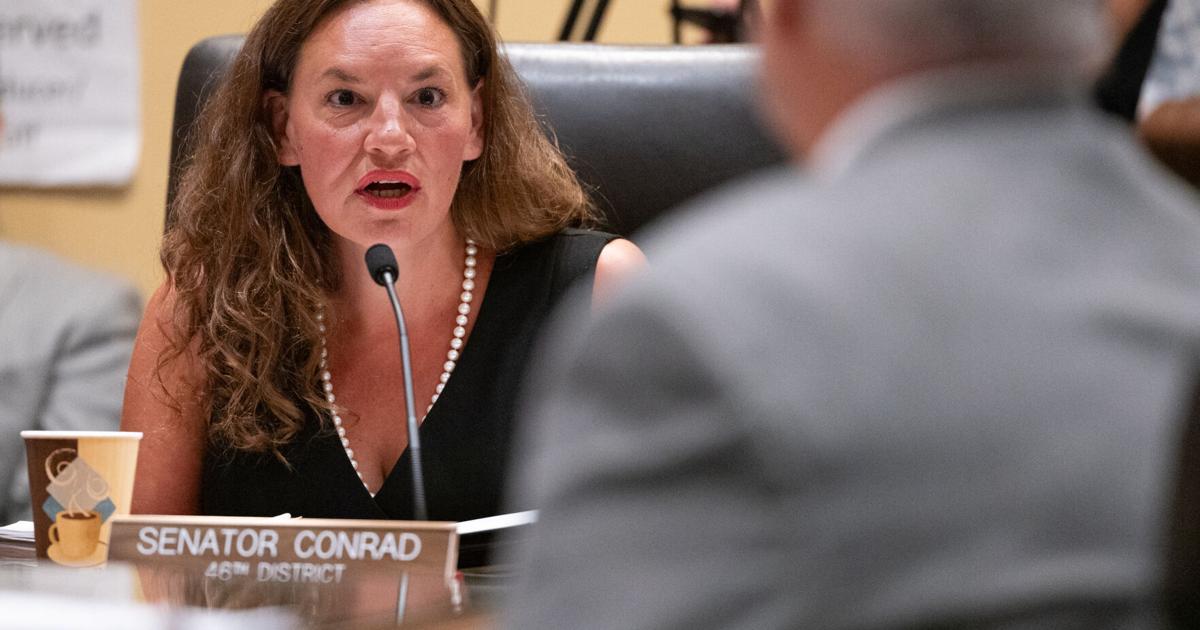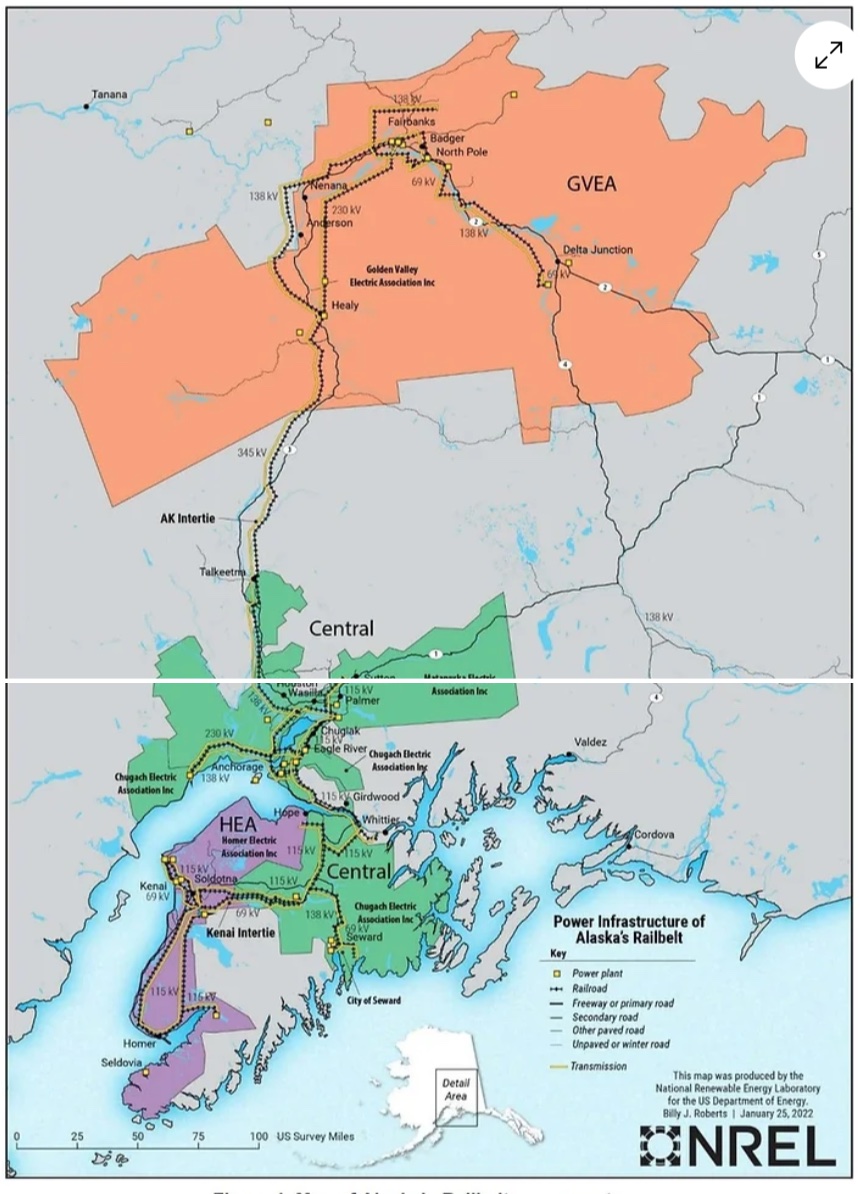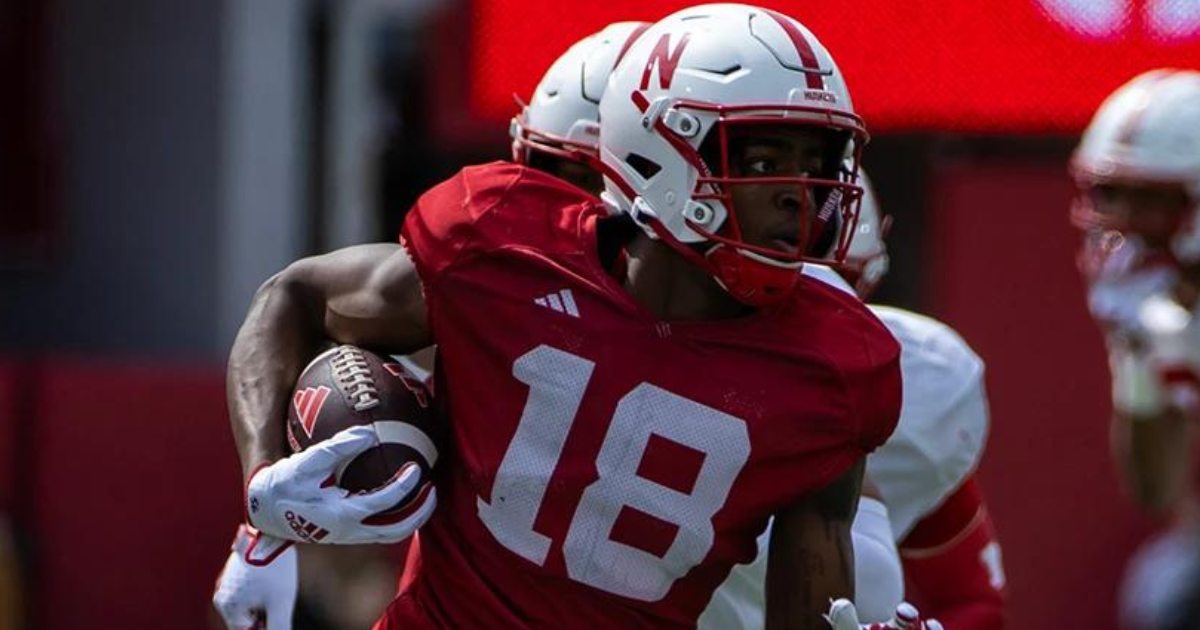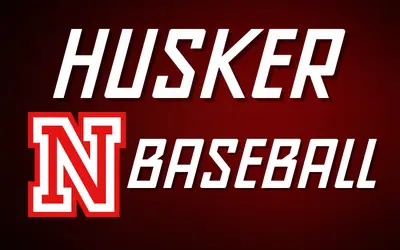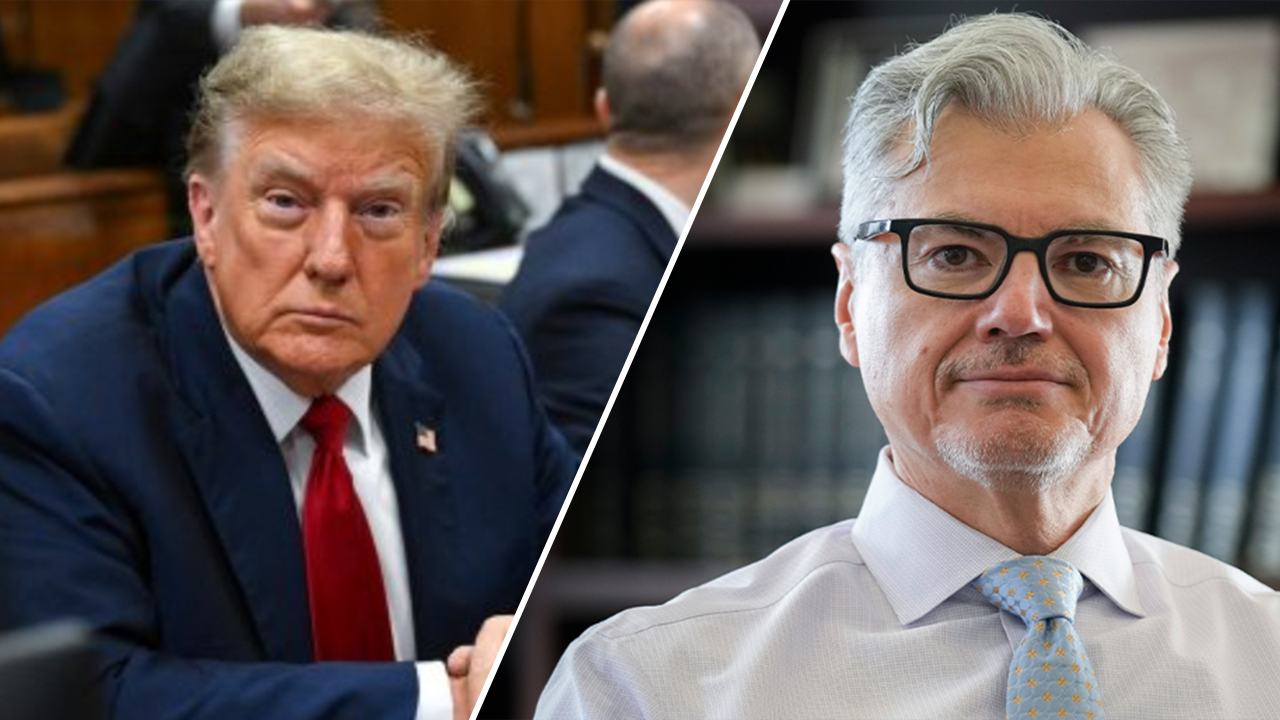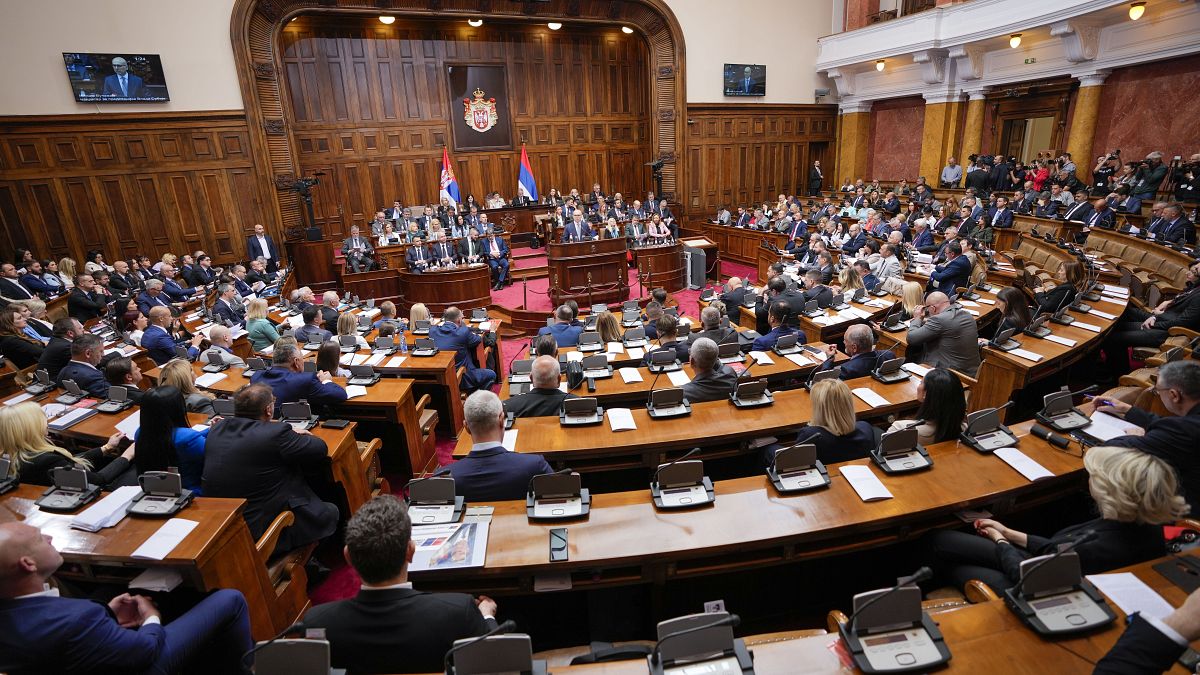As the share of students who qualify for free or reduced lunch programs across Nebraska continues to rise, so has the number of students carrying school meal debt.
Roughly half of Nebraska students qualified for free lunch programs in 2023, up from 41% in 2012, according to the Nebraska Department of Education.
Meanwhile, as the federal government waivers that made school lunches free during the COVID pandemic ended, unpaid meal debt in Nebraska has skyrocketed from $2.8 million in 2020 to $14.8 million in 2022, the national Education Data Initiative estimates.
Conrad
Many of those who find themselves in debt are from families just outside the threshold of qualifying for free and reduced lunches, which is 130% of the federal poverty level.
School districts across the state and country have used a wide range of strategies to recoup those losses, including — as has been the case at Lincoln Public Schools — turning those families over to debt collection agencies.
People are also reading…
Lincoln Sen. Danielle Conrad said sending Nebraska families to collections over student lunch debt harms families already “living on the edge.”
Conrad introduced a bill (LB855) prohibiting school districts from using debt collection agencies to pursue unpaid meal debt, or from charging interest, assessing fees, or any other penalties against those families.
“I just think it’s wrong from a moral perspective,” she told the Legislature’s Education Committee on Tuesday.
Earlier this month, one family was turned over to a collection agency after accruing $143 in school meal debt, while another had action filed against them for $359 spread across several reported debts, including LPS, according to court records.
A few years ago, in 2016, one family was sent to collections for owing LPS $21 in unpaid meal debt.
Families who get turned over to collections face a flurry of phone calls, emails and certified letters ordering them to court, where they likely can’t afford an attorney, she said. Often, they will suffer long-term consequences, Conrad said.
“It stays on their credit report, it impacts their ability to rent, it impacts their ability to pursue other productive areas in their lives,” she said, “and it really spirals and spirals and spirals and spirals.”
Chase Boyd of Omaha told the committee he learned he had unpaid school meal debt as his family struggled to stay afloat during the 2008 recession.
When the school notified him of the situation, Boyd said he was confused.
“I was worried about if my eating lunch was hurting my family,” he said. “It is my belief that no child should have to go through or experience what I did. The embarrassment that I felt that day should be no child’s cross to bear.”
The vast majority of people who have trouble paying for their children to eat at schools are struggling to make ends meet, said Katie Nungesser, policy director for Voices of Children, and not seeking to take advantage of the system.
Nungesser said the system allows for school districts to use aggressive tactics to pursue those losses.
“Although schools are not able to use that federal lunch program money to help families with their school meal debt, the program does allow schools to use some of the program money to contract with for-profit collection agencies,” Nungesser said.
And Ken Smith, the director of the Economic Justice Program at Nebraska Appleseed, said best practices for collecting unpaid meal debt focus on parents and guardians rather than students.
“Setting appropriate levels of debt at which to make contact with parents, sending written meal debt policies home at the beginning of the year and when the policy is activated, and maintaining communication between home and school can ease the challenges of collection,” Smith told the committee.
LPS notifies students’ families every 15 days when their balances reach $50 or more and outlines ways families can settle those debts, according to Liz Standish, associate superintendent for business affairs.
If the negative balance of $50 or more is 30 days past due, LPS then sends the information to the collection agency it works with, Standish explained, but doesn’t cut students off.
“Every student is allowed to continue to get a meal — breakfast and/or lunch — even if they have a negative balance,” Standish said in an email.
At Tuesday’s hearing, Stephen Grizzle, the superintendent of South Central Unified School District, said he appreciated the intent of Conrad’s bill, but worried about the unintended consequences.
“If we don’t have any method to recoup those costs, what’s the incentive for anyone to pay?” Grizzle told the committee, adding it could force districts to move money from its general fund to keep the lunch program solvent.
Sen. Fred Meyer of St. Paul said he didn’t think that would be a problem. Most Nebraska families see it as a moral imperative to provide lunch for their students, he said.
The committee did not take any action on the bill on Tuesday, but Conrad urged legislators to continue to discuss bills introduced previously that would see the state pay for school breakfasts and lunches for all students, but said LB855 was a step in the right direction.
“We should also stop this process where families are being hounded by private debt collectors and being hauled into court because they can’t pay for lunch,” she added.
Download the new Journal Star News Mobile App
Meet the Nebraska state senators making laws in 2024

District 25
Carolyn Bosn
Lincoln
Appointed 2023
402-471-2731 cbosn@leg.ne.gov
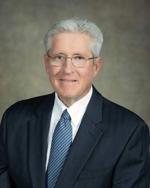
District 41 Fred Meyer
St. Paul
Appointed 2023
402-471-2631
fmeyer@leg.ne.gov

Vargas
Reach the writer at 402-473-7120 or cdunker@journalstar.com.
On Twitter @ChrisDunkerLJS

